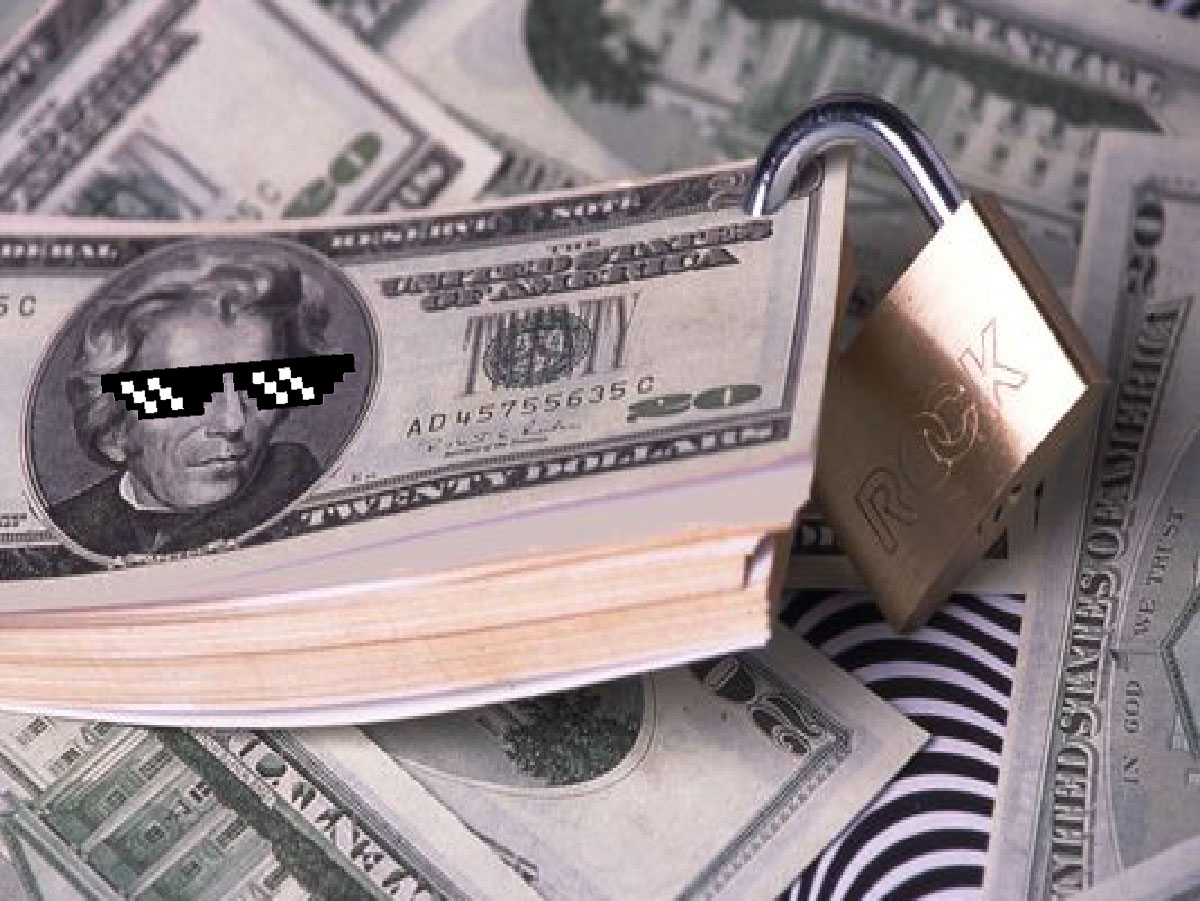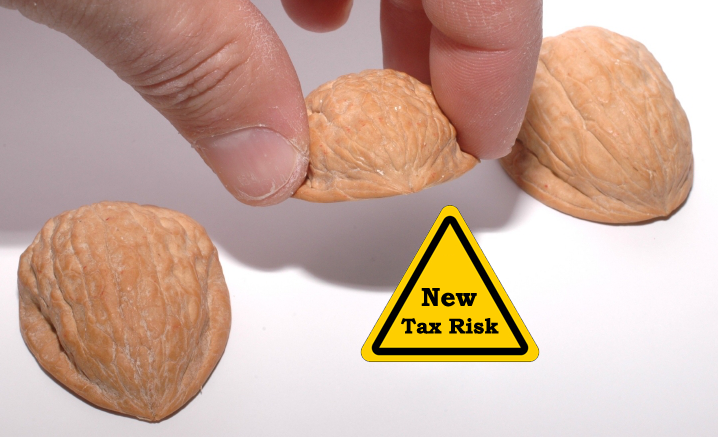If you have been watching the news, you may have now…

Why Our Money Is in the Best Possible Location?
A client recently asked me why our method of warehousing and growing money was so reliable. To answer this, we can refer to the fundamentals of investment advice that are heavily tested in the Series 65 exam (“Uniform Investment Advisor”) the material that any competent authority should understand.
When we loan money to a person or business entity, it is critical to know both the creditworthiness of the borrower (their ability to pay us back) and our stake in the collateral they offer to secure the safe return of our money in the case of their failure.
Our preferred loan method is the secured corporate bond (a.k.a. “Corporate Paper”). A bond is a loan to the corporation that is pledged to be repaid through regular interest payments over a period of 5, 10, or 20 years, ending with the total return of our original investment. Based on the terms we get, we may receive more than our investment at the end of the bond period—at “maturity” ( some could get less, but we don’t take deals like that).
This type of loan, or debt instrument, is of the highest quality, because it has the highest probability of being repaid in the case of failure by the borrower. Most of the time, people think of stock ownership in a company as having right to a piece of it in case it fails. This is true, but sadly common stock has the lowest priority of repayment.
Let’s look at what that priority really is. Say a company goes under, and it gets sold off, bit by bit. Who gets paid?
- Wages – The last 2 weeks owned to the employees
- Taxes – Of course
- Secured Debt – Us!
- Unsecured Debt – All the other bill collectors
- Preferred Stock – People who paid for the right to receive dividends first, if any
- Common Stock – Everyone else
So behind the employees and the Government, we hold the highest place in the pecking order of repayment.
(Quick side quiz, when Facebook goes the way of MySpace, how much stuff do they actually have to sell to pay off their stockholders?)
Combining this with our industry’s careful evaluation of borrowers, and their natural financial allegiance to us as true part owners, it should be clear that our money is extremely safe. We can also rest easy since the income generated by our money is planned for years ahead. We could care less about what happens in the stock market tomorrow or next week. Let’s also throw in a track record of success for over a century as proof.
Your money in a commercial bank is subject to bail-in (confiscation) as a result of the 2008 crash and the subsequent Dodd-Frank legislation. Your money in any form of security, e.g., mutual funds, stock, has no contractual or statutory guarantees against loss. You could buy treasuries, but that is kind of like helping someone to beat you with a stick.
When the fun hits the fan, you want to be first in line to get your money back, don’t you?




This Post Has 0 Comments